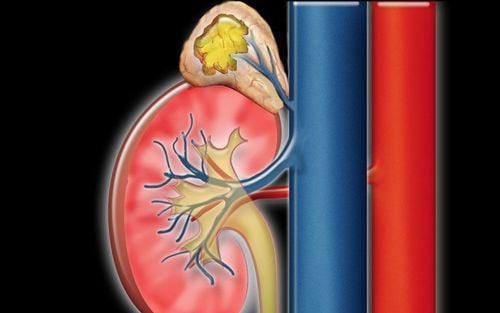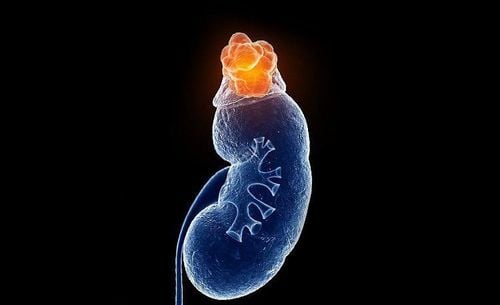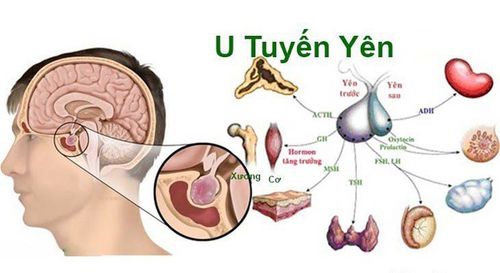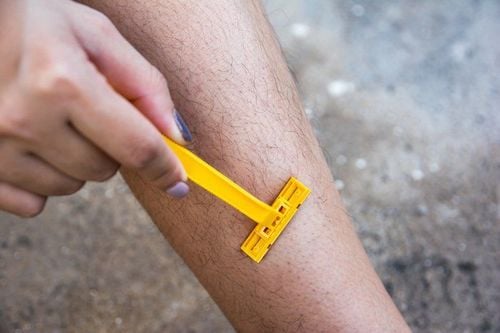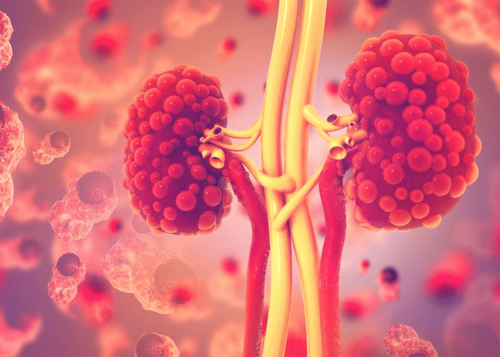This is an automatically translated article.
Adrenalectomy is the most commonly prescribed treatment when an adrenal tumor affects hormone production. In addition, there are also some complications.1. Adrenal tumor surgery
The adrenal glands are endocrine glands located at the top of each kidney. The adrenal gland has an important role, helping to produce hormones that regulate blood pressure, control blood sugar, protein, blood cholesterol, fight stress and participate in the functioning of the immune system.Adrenal tumors are tumors on one or both sides of the adrenal glands. Adrenal gland tumors are usually benign, and very rarely malignant (cancerous). Adrenal gland tumors cause imbalance in hormone regulation, thereby causing many medical conditions.
Adrenal tumor surgery is the most commonly indicated treatment modality for patients with adrenal tumors. When the tumor is removed, the endocrine function of the adrenal gland will return to normal, the symptoms of the disease will be gone. There are two methods of surgery for adrenal tumors: laparoscopic surgery and open surgery. Laparoscopic surgery is usually applied in cases of small and benign tumors, open surgery is applied when the tumor is large or the tumor is cancerous.
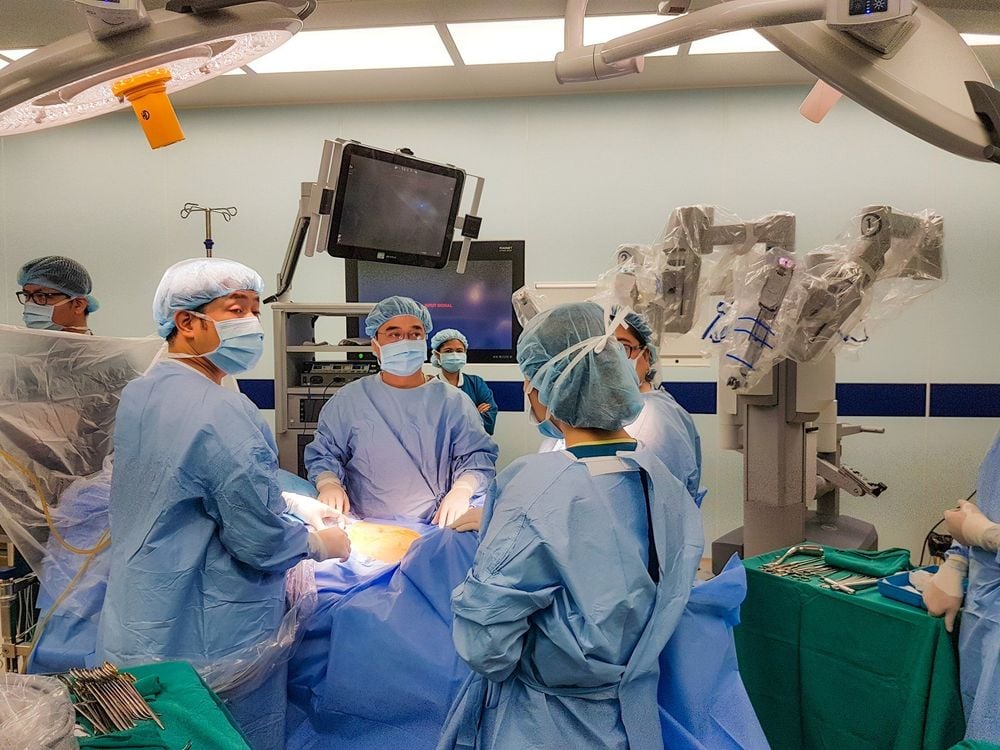
Mổ u tuyến thượng thận là phương pháp điều trị đối với bệnh nhân có khối u tuyến thượng thận
2. Manifestations may be encountered after adrenal tumor surgery
2.1 Risk of bleeding The adrenal tumor is located behind the peritoneum, between the kidneys, liver and large blood vessels, so the surgery is very difficult, easy to cause bleeding and the risk of damage to other organs. Laparoscopic surgery is less invasive, so it causes less bleeding than open surgery, the hospital stay is less, and the patient recovers faster. Most patients recover 1 to 2 weeks after laparoscopic surgery and 5 to 6 weeks after open surgery.
2.2 Risk of infection As with other types of surgery, patients are at risk of infection after adrenalectomy. Patients may be given antibiotics before and after surgery to prevent possible infection.
If the patient has signs of continuous high fever, pain, swelling, redness, unusual discharge from the incision, feeling of nausea, vomiting, chills, the patient may have an infection of the incision, need to contact Immediately consult a doctor for timely examination and treatment.
2.3 Pain Patients after surgery for adrenal tumors will experience varying degrees of pain. Depending on the case, the patient will be used different drugs such as: Paracetamol, Ibuprofen, morphine to relieve pain.
2.4 Sore Throat After adrenalectomy, the patient will have a sore throat, feel like there is phlegm in the throat and need to cough. This condition usually lasts 5 days after surgery. The use of lozenges and soft diet will reduce the discomfort in the patient's throat.

Sau mổ u tuyến thượng thận có thể gây biến chứng đau họng và ho
2.5 Controlling blood pressure and cortisol levels After surgery, blood pressure will be monitored, patients with aldosterone-producing tumors will have their blood potassium levels checked and may need to continue taking medication to control it. blood pressure .
Patients with cortisol-producing tumors and Cushing's syndrome can continue to take cortisol after surgery. The patient's dose of cortisol will be reduced when the adrenal glands recover their ability to produce enough cortisol hormone for the body.
Currently, high-tech imaging techniques such as CT scan, MRI, PET at Vinmec International General Hospital help detect and screen tumors with high accuracy.
Please dial HOTLINE for more information or register for an appointment HERE. Download MyVinmec app to make appointments faster and to manage your bookings easily.




